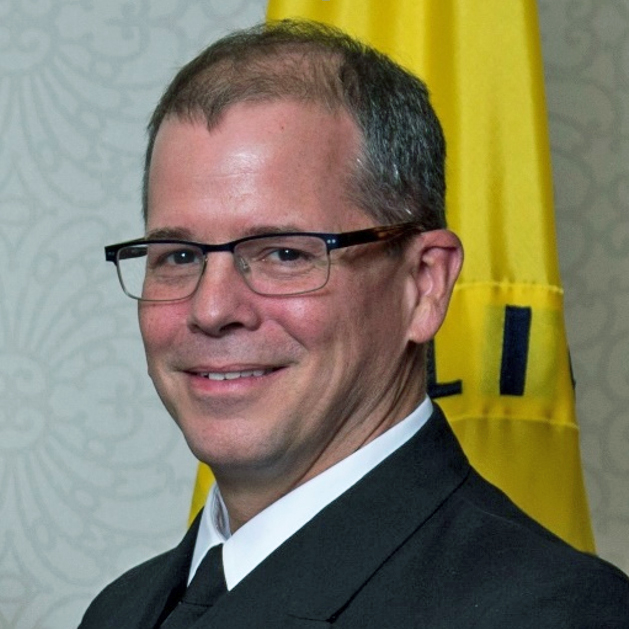Measles is highly contagious and spreads through coughing and sneezing. Measles starts with fever, runny nose, cough, red eyes, and sore throat. It’s followed by a rash that spreads over the body. Measles can be easily prevented by getting the measles-mumps-rubella (MMR) vaccine.
In recent years, there have been several large outbreaks in the U.S. Almost all of these cases are in people who have not been fully vaccinated and were exposed to measles while traveling outside the US or were exposed to someone from another country who had measles.
As of February 5, 2019, 50 confirmed cases of measles have been identified in an outbreak that began in Clark County, Washington. According to the US Centers for Disease Control and Prevention , at least 10 states have reported cases of measles in 2019: California, Colorado, Connecticut, Georgia, Illinois, New Jersey, New York, Oregon, Texas and Washington. So far, during the current outbreak, 90% of those confirmed with having measles were not vaccinated against measles.
Measles: It isn’t just a little rash
Measles can be dangerous, especially for babies and young children. Typically, about one out of four people who get measles will be hospitalized. Brain swelling (encephalitis), which can lead to brain damage, will occur in about 1 out of every 1,000 people with measles. Even with the best medical care, 1-2 out of every 1,000 people with measles will die from the infection.A highly infectious virus causes measles. The air in a room can remain infectious for several hours after a person with measles has been there. Symptoms may not be present for up to 21 days after infection. The rash has red or dark brown spots, usually starting on the face and spreading to the whole body. Other symptoms may occur 3-5 days before the development of the typical measles rash.
If you think you have symptoms of measles or have been exposed to someone with measles, you should call your doctor’s office or clinic right away. It is important to let them know about your concern for measles so that others in the clinic do not get exposed.
VACCINATE!
The best way to protect you and your family, esp. young children, from measles is to make sure to receive the measles-mumps-rubella (MMR) vaccine . Children can receive their first vaccine at 1 year old. Although a second dose is usually delayed until the child is 4-6 years old, it can be given as early as four weeks after the first dose. Infants, who cannot be vaccinated, should be kept away from people known to have measles or who have been exposed to measles.
About 95% of the people in a community need to be vaccinated to protect those that are either too young to receive the vaccine or cannot be vaccinated for some other medical reason. It takes all of us doing our part, by receiving a measles vaccine, to protect our children — our most valuable resource.
U.S. Surgeon General Vice Adm. Jerome M. Adams, M.D., M.P.H., is encouraging people to get the MMR vaccine. The MMR vaccine is very safe and effective. According to the Center for Disease Control and Prevention, two doses of MMR vaccine are about 97% effective at preventing measles; one dose is about 93% effective. Watch the message from the U.S. Surgeon General and find out why the nation’s doctor is addressing the current measles outbreak.
Related Content:



